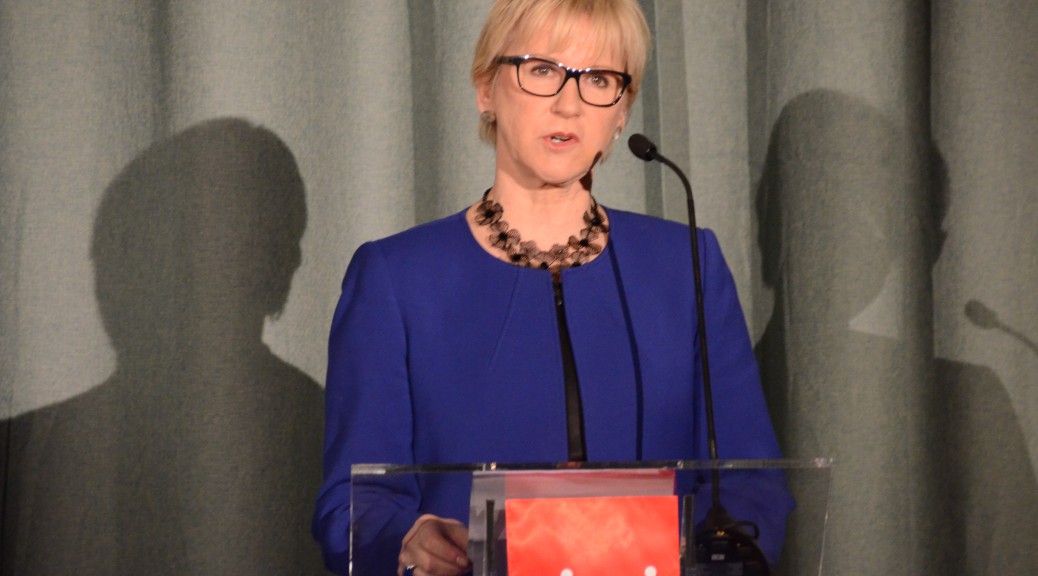Stockholm, August 30(Greenpost)–Water and climate experts have called for a Green Water Initiative in Africa, as part of a Water Revolution in Africa for alleviating hunger on the continent and meeting the Sustainable Development Goals.
“Large parts of the world are struggling to adapt to a drier reality, but challenges are especially dire in Africa’s drylands. Africa’s climate is its Achilles Heel”, said Professor Malin Falkenmark, Senior Scientific Advisor to Stockholm International Water Institute (SIWI) at the beginning of the World Water Week.
In the water-scarce regions of sub-Saharan Africa (mainly consisting of savannah), direct management of scarce rainfall must form an integral part of the development agenda,
Green water refers to the part of the rain that infiltrates into, and is stored in, the soil.
At the onset of World Water Week, a group of world-renowned hydro-climate experts said that rainwater harvesting and other green water management methods, are key to alleviating hunger in sub-Saharan Africa and meeting the Sustainable Development Goals.
Johan Rockström, Director of Stockholm Resilience Center and Johan Kuylenstierna, Director of Stockholm Environment Institute, Charles J. Vörösmarty and Torgny Holmgren from SIWI attended the Malin Falkenmark Symposium at World Water Week.
The vast drylands encircling the Congo Basin are home to some 750 million people, a number that is expected to increase to 1.6 billion in the next 35 years. Meanwhile, agricultural yields in this region are very low, on average around one tonne per hectare, as a result of frequent droughts.
The group said that to meet the Sustainable Development Goal 2 (End hunger, achieve food security and improved nutrition, and promote sustainable agriculture), Africa needs a Triple Green Revolution: green for productive use of green water, green for intensification and enhanced food production, and green for sustainability and building water resilience in watersheds.
Rain, the scientists said, is the ultimate water source in dryland agriculture, as the limited blue water (such as rivers and streams) will be needed for increased urban water supply, industry and energy production.
They suggest rainwater harvesting systems that can offer supplementary irrigation, harvested from slopes and valley bottoms and stored in ponds or dams for use during dry spells and drought periods.
To finance the initiative, the group proposed a Water Harvesting Innovation Fund for Africa, to build water resilience for food security and human well-being.
“Initiatives like the Green Water Initiative in Africa, within the framework of the 2030 Agenda is of great importance if we will have any chance of realizing the Sustainable Development Goals. I hope to see some concrete response to this call,” said SIWI’s Executive Director Torgny Holmgren.











